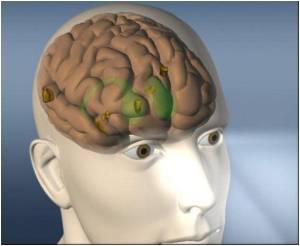A new study has revealed that all mental abilities tend to decrease with progressing age, but the decreases may not be to the extent some research has pointed out.

Scores were available for 1,616 adults age 18 to more than 80 on tests of reasoning, spatial visualization, episodic memory, perceptual speed and vocabulary. The data were collected over an average test-retest interval of two-and-a-half years.
First, Salthouse sorted participants into age brackets by decade, each with well more than 100 participants, except for the 80-89 bracket, with 87 participants.
Second, he estimated the size of practice effects by comparing scores earned on the second test by the longitudinal participants with scores on a first test by another group of participants.
He also used statistical methods to adjust for the chance that weaker performers dropped out between the first and second tests.
Practice effects were evident across the board, allowing test-takers to score higher the second time around not because they truly were more able, but because they knew the test - an unavoidable byproduct of repeated testing.
Advertisement
Numbers in hand, Salthouse removed the practice-related "bonus points." Stripping them out generated a new set of cognitive scores that could be expected to reflect more accurately normal mental aging in healthy adults.
Advertisement
However, the increments were smaller. In other words, the mental abilities of younger adults still rose over time, but not nearly as much. And the mental abilities of older adults still fell over time, but not quite as much.
The study has been reported in Neuropsychology.
Source-ANI










